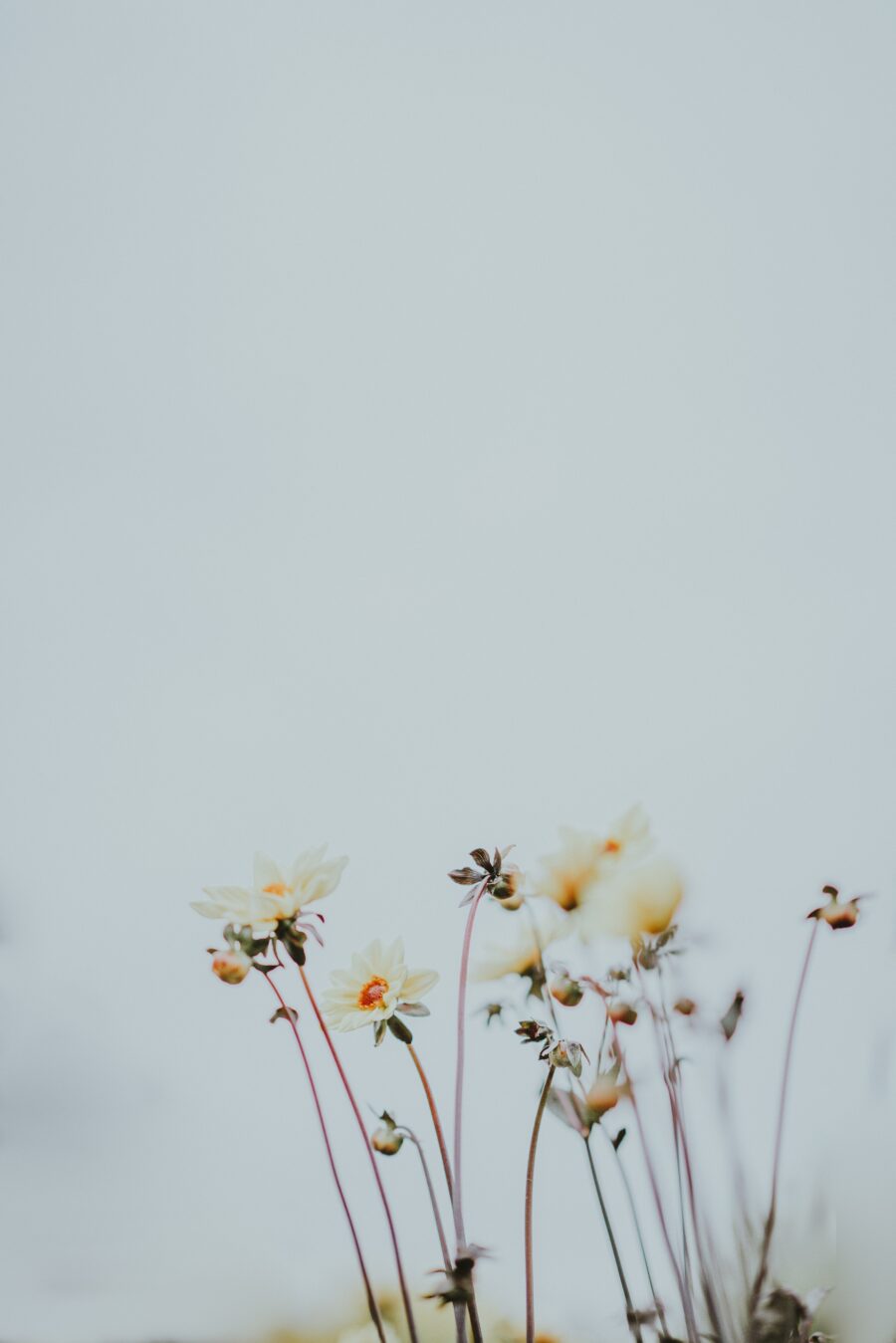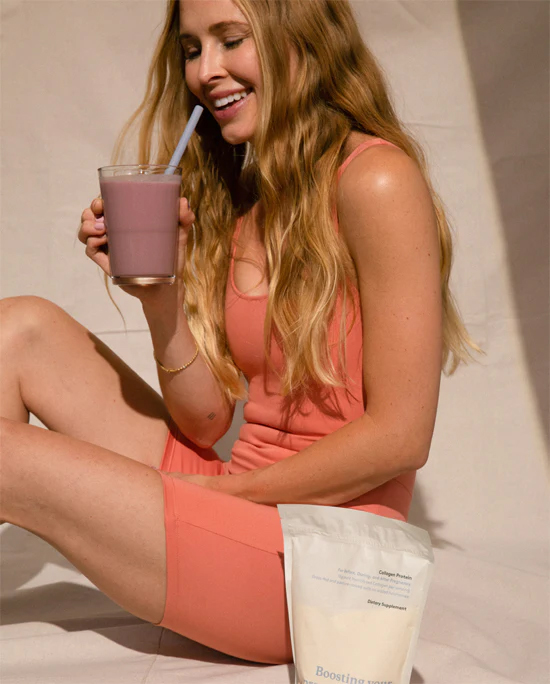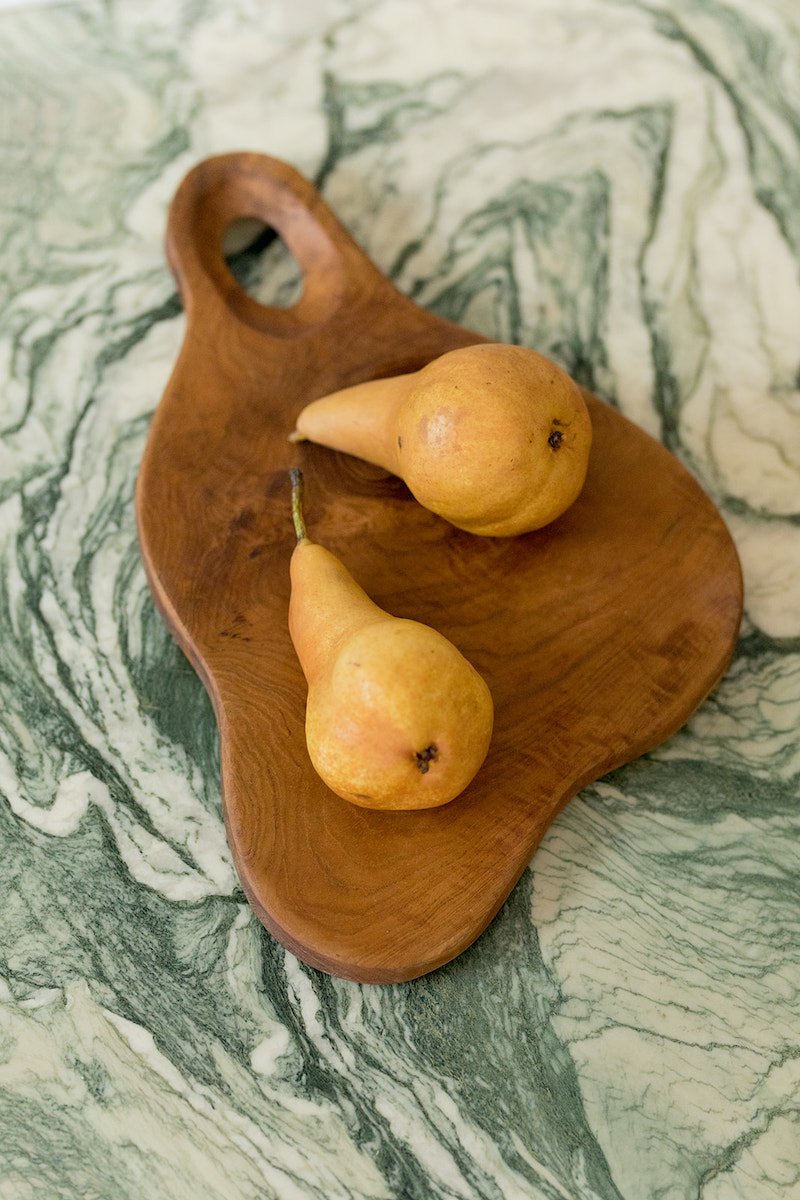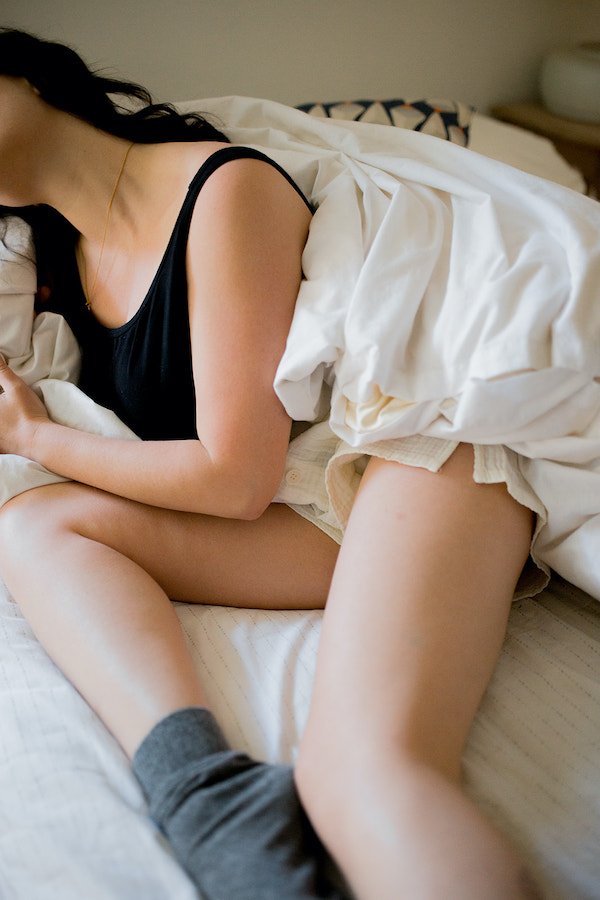
I Have A Doctoral Degree In Nursing—Here’s Why I Am Freezing My Eggs
The modern woman is expected to do it all. Get the degree, have the career, travel the world, find the person, and start the family. While this antiquated story is deeply rooted in our society’s view of womanhood, the pressure still feels real.
At 32, I found myself with most of these “things” society expected from me. I traveled the globe, started a successful business, got a doctoral degree in nursing, published my research, and found stability in a rewarding career as a nursing professor and now as co-host of The WoMed, a healthcare podcast to uplift women in the industry.
“I had it all! Well, almost. The closest thing to motherhood I could foresee was raising my springer spaniel, Archie.”
I had it all! Well, almost. The closest thing to motherhood I could foresee was raising my springer spaniel, Archie. Add in a messy divorce, and I lacked the piece society deems “most important” for women in their 30s: the partner and the family.
Now, compare me to a man in his early 30s. He is right on track. He may get some comments from his family on Thanksgiving about when he is finally going to bring home a fiancé, but he has time.
“Now, compare me to a man in his early 30s. He is right on track.”
And men can take their time. They don’t have to worry about their ovarian reserve, adverse reproductive outcomes, or having a “geriatric pregnancy”—the outdated medical term categorizing any pregnancy conceived in someone over 35.
But people with uteruses have to think about it and think about it soon. Women today face many obstacles because our reproductive window is shorter—that is just a fact. This is especially true for women pursuing higher education and women in medicine. On average, women complete their doctoral degrees or medical training at age 31. Most female physicians first give birth at 32, on average, compared to non-physicians who give birth for the first time at 27.
This is not completely surprising. With a decade of schooling and costly student loans, there’s hardly time to prioritize a relationship or be ready for parenting, whether on your own or with a partner. A new generation of women are starting families later, opting to pursue their careers, passions and hobbies first, but this poses a unique problem. As women age, they are more likely to have pregnancy complications, and recently WHO reported that 1 in 6 people face infertility worldwide.
So, what is the modern woman unsure about her future fertility to do?
“Egg freezing can offer women who want to delay parenthood a sense of autonomy, peace of mind, and options for the future.”
As I approach my 33rd birthday, this question really settled in, which is why I’ve begun to consider egg freezing. Oocyte cryopreservation, also known as egg preservation or egg freezing, is the relatively new medically and technologically advanced process of extracting and preserving eggs for later use. Unlike IVF, freezing your eggs means you do so without a sperm donor.
Egg freezing can offer women who want to delay parenthood a sense of autonomy, peace of mind, and options for the future. In 2009, just 475 women froze their eggs in the US. In 2020, that number increased to nearly 17,000, and SART data showed egg freezing cycles jumped by 31 percent in 2021.
“Egg freezing is a privilege—an expensive one.”
But while egg freezing offers an option to many women considering their future fertility options, it is far from a perfect solution. Egg freezing is a privilege—an expensive one. And it’s not usually covered by health insurance. A quick Google search reveals that one cycle of egg freezing can cost anywhere from $10,000 to $20,000, and storage is typically $500 to $1,000 per year. Through weeks of labs, ultrasounds, hormone injections, and the retrieval processes, there is also no guaranteed number of retrieved eggs on the other end. A successful round of egg freezing seems like more of a luxury than a privilege.
What I first thought would be a liberating experience had me wondering if egg freezing was just reinforcing the patriarchy and gender ideologies that associate the ability to produce biological children with a woman’s worth. Instead of a solution, going down the egg freezing rabbit hole left me with more questions. With the potential to aggravate class, racial, and gender inequalities, where does this new-ish option for family planning fit? Is this physically, emotionally, and financially taxing process even worth it?
“With the potential to aggravate class, racial, and gender inequalities, where does this new-ish option for family planning fit?”
Instead of keeping these uncomfortable discussions around fertility in the dark, companies like Cofertility are challenging these outdated standards and making fertility planning more accessible. The company, founded by Lauren Makler, Halle Tecco and Arielle Spiegel in 2022, has helped thousands of women freeze their eggs at more affordable costs. With Cofertility’s Freeze by Co platform, women can freeze their eggs for free when they donate half of the retrieved eggs to a family who can’t otherwise conceive. Women who aren’t interested or don’t qualify for egg donation can freeze and store their eggs for their future use, with lower prices on things like storage, as well as access to a community.
Choosing to undergo the egg-freezing journey with Cofertility presented me with an option that felt like a real solution. Their model is finding ways to make egg freezing accessible while contributing to gender equality and non-traditional family planning. I realized the question was never if I should freeze my eggs but who I should freeze my eggs with.
After finding Cofertility, I decided to freeze my eggs. But as my freezing cycle date approached, fears, insecurities and my relentless perfectionism crept in.
“How can I get the most eggs? The highest quality eggs? The smartest, funniest, hottest, most brilliant eggs?”
If I was going to do this, I wanted to do it right.
How can I get the most eggs? The highest quality eggs? The smartest, funniest, hottest, most brilliant eggs?
I wanted to grasp onto anything that would give me a further sense of control. So, I researched the best fertility diets, exercises, supplements—anything I could do to optimize my sexy eggs.
I also convinced myself something would be off in my initial lab work or ultrasound. Maybe my anti-mullerian hormone (AMH—the hormone used to measure the number of follicles inside the ovaries) would be zero. Maybe I only had one ovary! What if they find cancer instead of eggs? Unrealistic illness anxiety is something I have seen in patients, so it was quite humbling to be on the other end.
Not only starting the egg freezing process but sharing it publicly added stress to my mixed emotions. However, I knew the unnecessary pressure I put on myself would not help. The overwhelming burden to do it all, be it all, had to finally be put to rest.
“Like many high-achieving women, my internal dialogue needed a makeover.”
Like many high-achieving women, my internal dialogue needed a makeover. So, I started speaking to myself in the way I would talk to a patient or one of my girlfriends or sisters who was starting this process. Egg freezing is an empowering choice, I told myself. A vulnerable choice. It’s an opportunity to prioritize my future and hopefully encourage others to do the same. You cannot control the outcome of this process, but you cannot control life, either.
Once my initial lab work came back normal (besides a very low vitamin D, thanks to enduring a Chicago winter), I prioritized self-compassion and empathy over egg count. Society puts enough expectations on me as a woman, and I do not need to add more, especially while I inject myself with daily hormones.
“Society puts enough expectations on me as a woman, and I do not need to add more.”
As I head into my week of starting injections, I still have a mix of excitement and nerves. With the support of Cofertility, this process feels less like another box I need to check off. I am eager to ride this hormonal rollercoaster, but mostly grateful to honor my thirty-something body and my future.
Follow Jackie’s egg freezing journey with Freeze by Co in their 5 part podcast series wherever you listen to podcasts at The WoMed.
Dr. Jackie Camardo, DNP, RN (she/her) is a faculty member and professor at the University of Illinois at Chicago College of Nursing. She is the founder and creator of the feminist apparel brand Riot Healers and co-host of The WoMed podcast.



